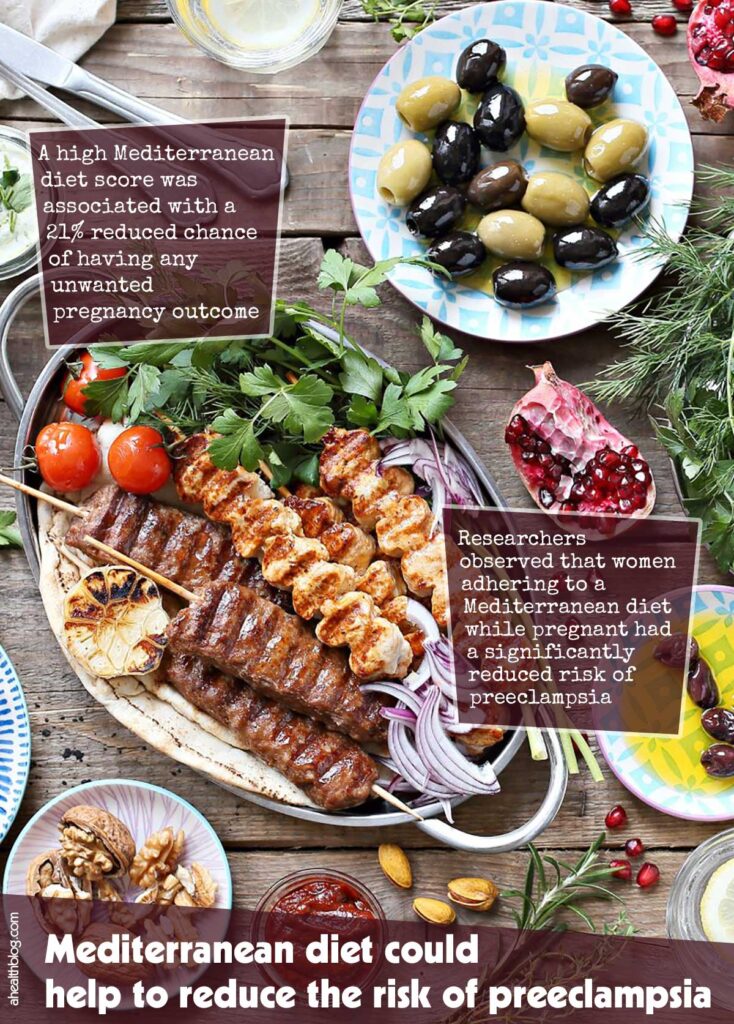Studies comparing the Mediterranean diet and unwanted pregnancy outcomes revealed that women following it while gestating had significantly decreased risks of preeclampsia.
This study explored how Mediterranean diet may influence pregnancy outcomes such as hypertension and gestational diabetes, preterm birth, stillbirth and births of babies classified as small-for-gestational-age.
This research proves that eating healthily is associated with reduced risks during pregnancy, with preeclampsia risk decreasing by 28% as an example of such.
This association between Mediterranean diet and reduced risk of unwanted pregnancy outcomes was observed across ethnic, geographical, and racial lines; particularly among women 35 years or older who are traditionally seen as advanced maternal age. The results are most striking for these populations.
Preeclampsia is a serious blood pressure condition that typically develops during gestation, placing undue strain on both mother and fetus. Without treatment, complications such as impaired liver and kidney function as well as reduced fetal blood supply could arise and be life threatening to both.
Preeclampsia risk was reduced in women who adhered more strictly to their diet during gestation. Gestational diabetes risk was similarly decreased.
Women expecting their 1st child were required to complete a food frequency questionnaire at their initial study visit during the 1st trimester.
The questionnaire focused on the eating habits of women during the three months prior to their visit and asked them about common beverages and foods consumed. Their answers were then divided among 9 Mediterranean diet components including fruit, vegetables, whole grains, nuts, legumes, fish, red and processed meats as well as alcohol to create a Mediterranean diet score.
Data analyses showed: A high Mediterranean diet score was associated with a 21% lower chance of any unwanted pregnancy outcomes and lower gestational diabetes risks as well as 37% and 28% reduced risks of preeclampsia/eclampsia respectively.

